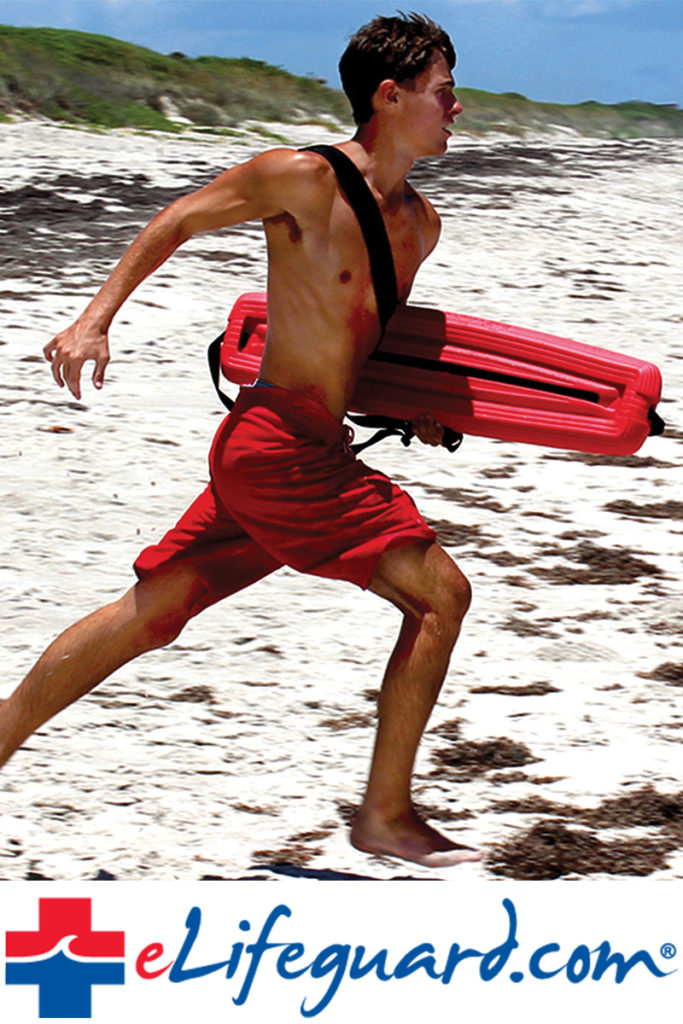Why Aquatic Fitness is Growing in Popularity
Physical activity grows more and more difficult with age. Luckily for today’s world of seniors (we’re looking at you, baby boomers), exercise is made possible, popular, and fun with modern-day aquatic fitness classes. Fitness instructors are finding innovative ways to invigorate the traditional aquatic fitness class structure, ranging from underwater boxing to aquatic dance classes. Learn more about why aquatic fitness could be the next workout for you:
Why Move It to the Pool?
Moving your exercise to the water puts less stress on your bones and joints. Thanks to the buoyancy, you have more flexibility in how you can move. Not to mention, you weigh about 1/10 of your actual weight, which means a lower impact and less pull on your muscles.
Not to mention, you weigh about 1/10 of your actual weight, which means a lower impact and less pull on your muscles.
If you’ve recently suffered from an injury, are pregnant, or are elderly, aquatic fitness is a great runner-up to a typical gym workout. Your body will thank you for taking the time to move it, but you won’t feel the harsh side effects of an intense workout.
Types of Classes
 Water Aerobics: The classic aquatic fitness class, water aerobics has been around for years. This class is offered in many senior living communities, as it boosts mobility and joint movement without being too taxing on older bodies.
Water Aerobics: The classic aquatic fitness class, water aerobics has been around for years. This class is offered in many senior living communities, as it boosts mobility and joint movement without being too taxing on older bodies.
Swim Classes: If you’re interested in aquatic fitness because you love swimming, plenty of gyms offer swim classes. These are different from swim lessons in the sense that it’s more of a group effort. You may work on your butterfly stroke, or you may work on leg strengthening exercises to power up your kicking capabilities.
 Aqua Boxing: This class is a unique take on the traditional aquatic fitness we all know and love. Aqua boxing is great for swimmers who seek a more intense exercise in the water. For that reason, it’s not recommended for anyone who is recovering from an injury.
Aqua Boxing: This class is a unique take on the traditional aquatic fitness we all know and love. Aqua boxing is great for swimmers who seek a more intense exercise in the water. For that reason, it’s not recommended for anyone who is recovering from an injury.
Aqua Yoga: With the calming presence of water as your backdrop, you can enjoy a mind-body experience in the pool. Aqua yoga classes are typically taught in the morning, and it’s a great time for reflection, relaxation, and mediation.
Most of these classes are taught at a recreation center with trained professionals and/or lifeguards supervising the area. Although you won’t be going under the water as much as you
would in the ocean, it’s still important to take precautions inside and outside of the water Comfort is key, so be sure to wear comfortable attire. If you’re attending a class outside, be sure to wear sunscreen. Most importantly, have fun and enjoy the exercise!
To be sure that you are not missing out on any of our lifeguard videos & stories, please subscribe to our newsletter here.
For videos, articles, & events about lifeguarding related industry topics, visit www.lifeguardtv.com





